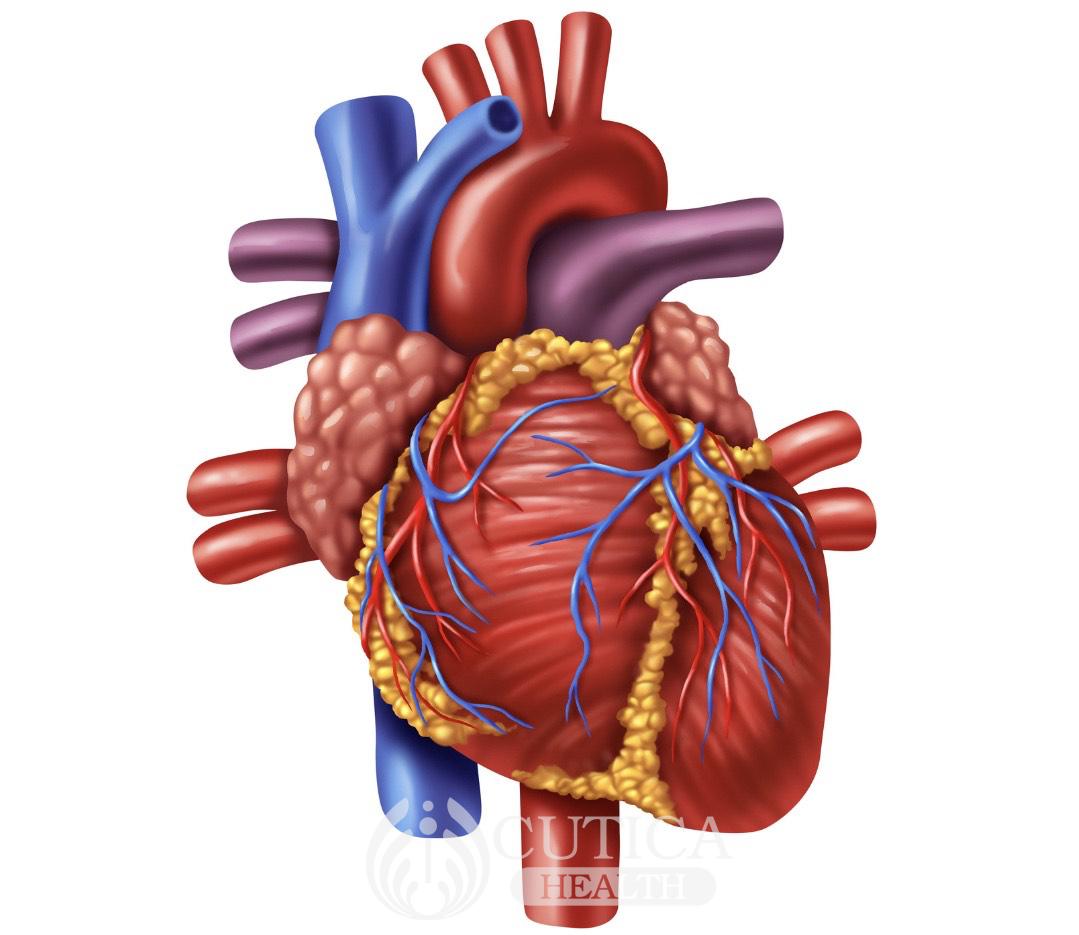
"Watch it Bola, I'm concerned about your weight, you’re looking too thin for comfort, and I hear that this might not be good for your health!” "I thought it was trendy and healthy to be low weight” she said. This scenario isn't strange at all, with the notoriety of obesity-related health issues and the fashion attraction of being underweight.
Equipped with your weight and height details, doctors can calculate a figure — what doctors call your Basic Metabolic Index or BMI for short. Based on the simple BMI calculation, you could be weight normal, under, over or terribly over the limits! Yes, the figures are important, but what’s even more important is the health implication of those figures. Based on your calculated BMI therefore, your weight could be;
Within limits with BMI of 18.5 to 24.9 = normal weight
Below the limits with a BMI of less than 18.5 = underweight
Beyond limits with a BMI of 25.0 to 29.9 = overweight or
Terribly beyond limits with a BMI 30.0 or higher = obese/obesity!
All caring mothers remember the weight charts and were terrifying sense of being told that the graph of your baby’s weight is taking a slight downward turn. But, even mothers forget to keep a check on the weight as we grew older, don’t they? Most mothers know worms could make their kids sick and underweight. Well, worms are important, but being underweight could result from several factors like;
Worm infestation
Not feeling like eating from appetite-decreasing diseases,
Not feeling like eating from depression or anxiety
Cycles of binging and forced vomiting, otherwise called bulimia
An obsessive-compulsive desire to lose weight, also called anorexia
Burning too much from frequent physical activity or high metabolism
Not keeping what you eat from long-term nausea and vomiting
Not absorbing what you eat from Crohn’s disease and ulcerative colitis
A family history of being underweight
What health problems could come with being underweight?
Although, not everyone who’s underweight is affected, being underweight comes with several health problems including:
Malnutrition resulting in growth and development retardation, especially among the young
Vitamin D and calcium deficiency with increased risk of osteoporosis (brittle bones)
Immune function deficiencies
Greater likelihood of developing complications from surgery
Anemia
Irregular menstruation

What can you do?
This depends, of course, on the cause of your being underweight;
Good old practice of regular deworming for children and adults
Get a diagnosis from a qualified doctor

Resolve underlying mental conditions like anorexia, bulimia, depression and anxiety will improve intake and lead to weight gain
Get treated for high metabolism, diabetes, nausea and vomiting- associated diseases and absorption-impeding diseases like Crohn’s disease and ulcerative colitis
Regulate physical activity
If family history is present, seek medical help on palliative measures

Take-home message: Underweight, Like Overweight, is Bad for Your Health, but seeking medical attention could easily end your pains.












